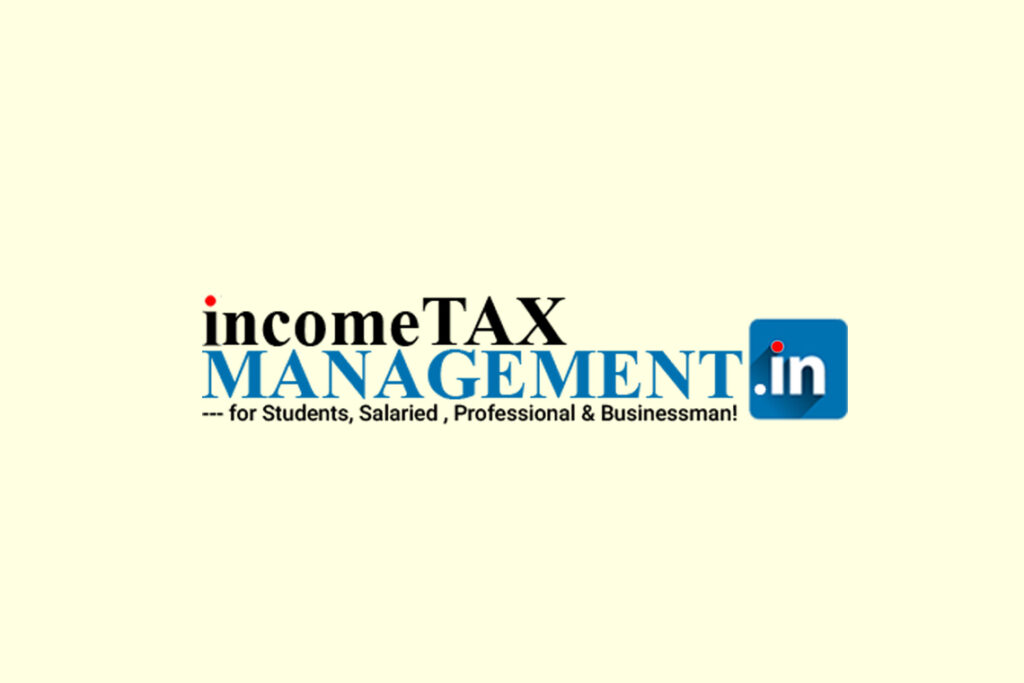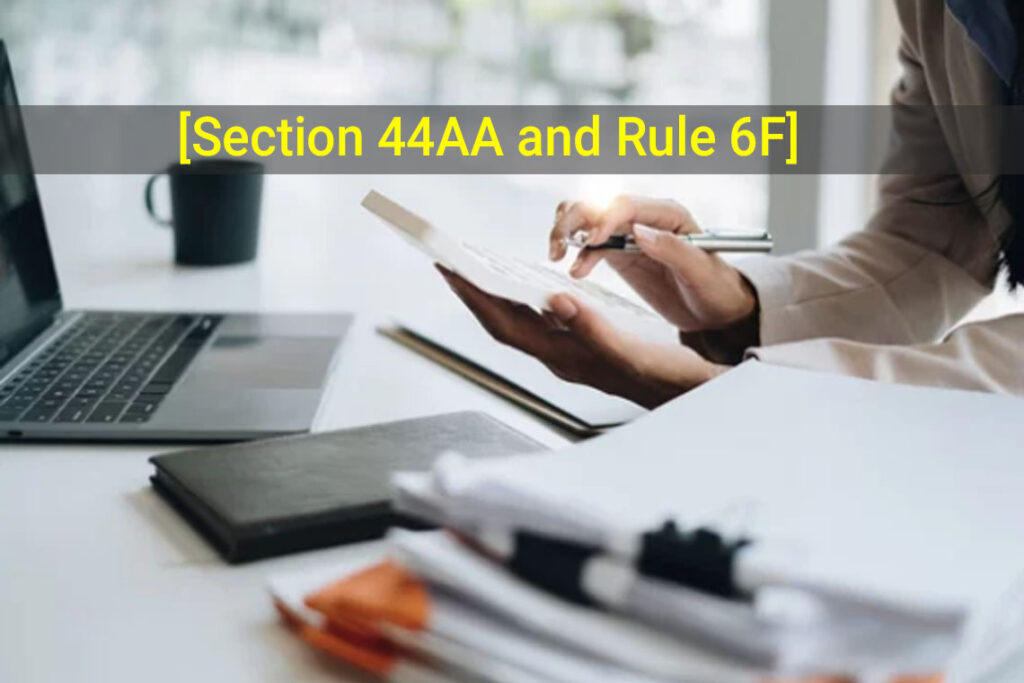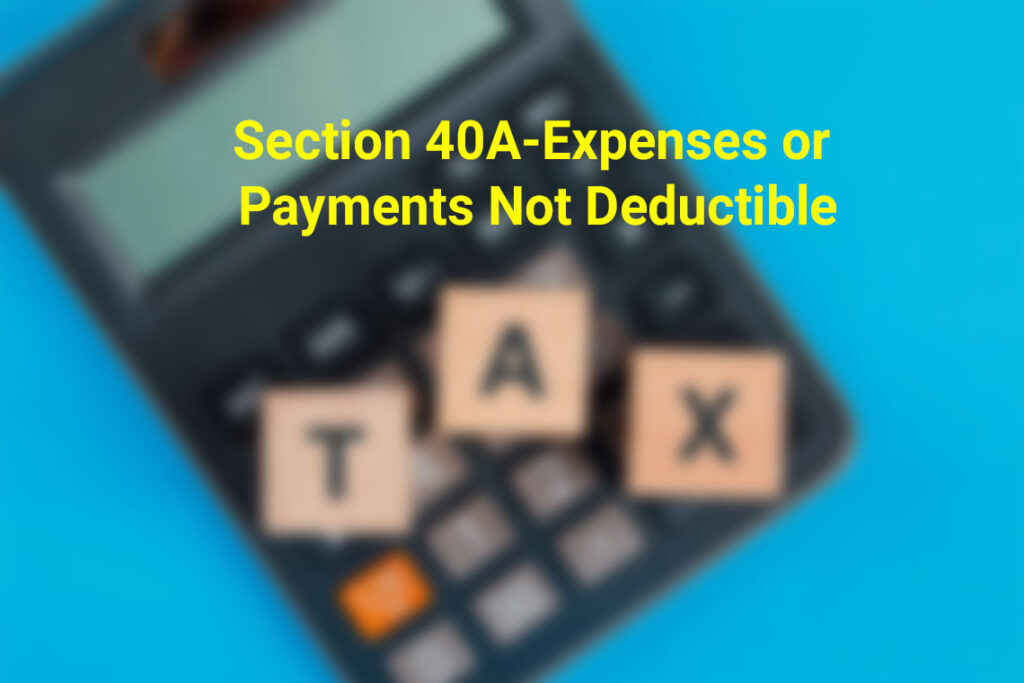Income referred to in Section 68, 69A, 69B, 69C and 69D which are undisclosed income and Investments Taxed as Deemed Income of Business and Profession.
1. Cash credits [Section 68]:
Where any sum is found credited in the books of an assessee, maintained for any previous year, and the assessee offers no explanation about the nature and source thereof or the explanation offered by him is not, in the opinion of the Assessing Officer, satisfactory, the sum so credited may be charged to income-tax as the income of the assessee of that previous year. Where the assessee is a closely held company and the sum so credited consists of share application money, share capital, share premium or any such amount then the person being a resident in whose name such credit is recorded in the books of such company should offer an explanation about the nature and source of such sum credited. If the nature and source of such amount is not found satisfactory by the Assessing Officer then such amount credited shall be treated as income of the company in whose books of account such sum is found credited.
2. Unexplained investments [Section 69]:
Where in the financial year immediately preceding the assessment year, the assessee has made investments which are not recorded in the books of account, if any, maintained by him for any source of income and the assessee offers no explanation about the nature and source of the investments or the explanation offered by him is not, in the opinion of the Assessing Officer, satisfactory, the value of the investments may be deemed to be the income of the assessee of such financial year.
3. Unexplained money, etc. [Section 69A]:
Where in any financial year, the assessee is found to be the owner of any money, bullion, jewellery or other valuable article and such money, bullion, jewellery or valuable article is not recorded in the accounts, if any maintained by him for any source of income, and the assessee offers no explanation about the nature and source of acquisition of the money, bullion, jewellery or other valuable article, or the explanation offered by him is not, in the opinion of the Assessing Officer, satisfactory, the money and the value of the bullion, jewellery or other valuable articles may be deemed to be the income of the assessee for such financial year.
4. Amount of investments, not fully disclosed in books of account [Section 69B]:
Where in any financial year, the assessee has made investments or is found to be the owner of any bullion, jewellery or other valuable article, and the Assessing Officer finds that the amount expended on making such investments or in acquiring such bullion, jewellery or other valuable article exceeds the amount recorded in this behalf in the books of account maintained by the assessee for any source of income and the assessee offers no explanation about such excess amount or the explanation offered by him is not, in the opinion of the Assessing Officer, satisfactory, the excess amount may be deemed to be the income of the assessee for such financial year.
5. Unexplained expenditure, etc. [Section 69C]:
Where in any financial year, an assessee has incurred any expenditure and he offers no explanation about the source of such expenditure or part thereof, or the explanation, if any, offered by him is not, in the opinion of the Assessing Officer, satisfactory, the amount covered by such expenditure or part thereof, as the case may be, may be deemed to be the income of the assessee for such financial year.
Further, notwithstanding anything contained in any other provision of the Income-tax Act, such unexplained expenditure which is deemed to be the income of the assessee, shall not be allowed as a deduction under any head of income.
6. Amount borrowed or repaid on hundi [Section 69D]:
Where any amount is borrowed on a hundi from, or any amount due thereon is repaid to, any person otherwise than through an account payee cheque drawn on a bank, the amount so borrowed or repaid shall be deemed to be the income of the person borrowing or repaying the amount aforesaid for the previous year, in which the amount was borrowed or repaid, as the case may be, provided that, if in any case any amount borrowed on a hundi has been deemed under the provisions of this Section to be the income of any person, such person shall not be liable to be assessed again in respect of such amount under the provisions of this Section on repayment of such amount.
Explanation: For the purposes of this Section, the amount repaid shall include the amount of interest paid on the amount borrowed.
7. Taxation of cash credits, unexplained money, unexplained investments etc. covered under section 68, 69, 69A, 69B, 69C & 69D [Section 115BBE]
(1) Cash credits, unexplained money, unexplained investments etc. to be taxed @ 60% [Section 115BBE(1)]:
Where the total income of an assessee,—
(a) includes any income referred to in section 68, section 69, section 69A, section 69B, section 69C or section 69D and reflected in the return of income furnished under section 139; or
(b) determined by the Assessing Officer includes any income referred to in section 68, section 69, section 69A, section 69B, section 69C or section 69D, if such income is not covered under clause (a),
the income-tax payable shall be the aggregate of—
(i) the amount of income-tax calculated on the income referred to in clause (a) and clause (b), at the rate of 60%; and
(ii) the amount of income-tax with which the assessee would have been chargeable had his total income been reduced by the amount of income referred to in clause (i).
(2) Expenditure or allowance or set off of any loss not to be allowed from above said incomes [Section 115BBE(2)]:
Notwithstanding anything contained in this Act, no deduction in respect of any expenditure or allowance or set off of any loss shall be allowed to the assessee under any provision of this Act in computing his income referred to in clause (a) or clause (b) of section 115BBE(1).
Surcharge on income-tax in the above case [Applicable w.e.f. A.Y. 2017-18]
In respect of any income chargeable to tax under section 115BBE(1)(i) of the Income-tax Act (see above), the income-tax payable, shall be increased by a surcharge, for the purposes of the Union, calculated @ 25% of such income-tax payable.



![Compulsory Tax Audit of Accounts [Section 44AB]](https://incometaxmanagement.in/wp-content/uploads/2023/09/Compulsory-Tax-Audit-of-Accounts-Section-44AB-1024x683.jpg)




![General Deductions [Section 37(1)]](https://incometaxmanagement.in/wp-content/uploads/2023/09/General-Deductions-Section-371-1024x683.jpg)

![Expenses allowed as a Deduction [Sections 30 to 35]](https://incometaxmanagement.in/wp-content/uploads/2023/09/Expenses-allowed-as-a-Deduction-Sections-30-to-35-1024x683.jpg)
